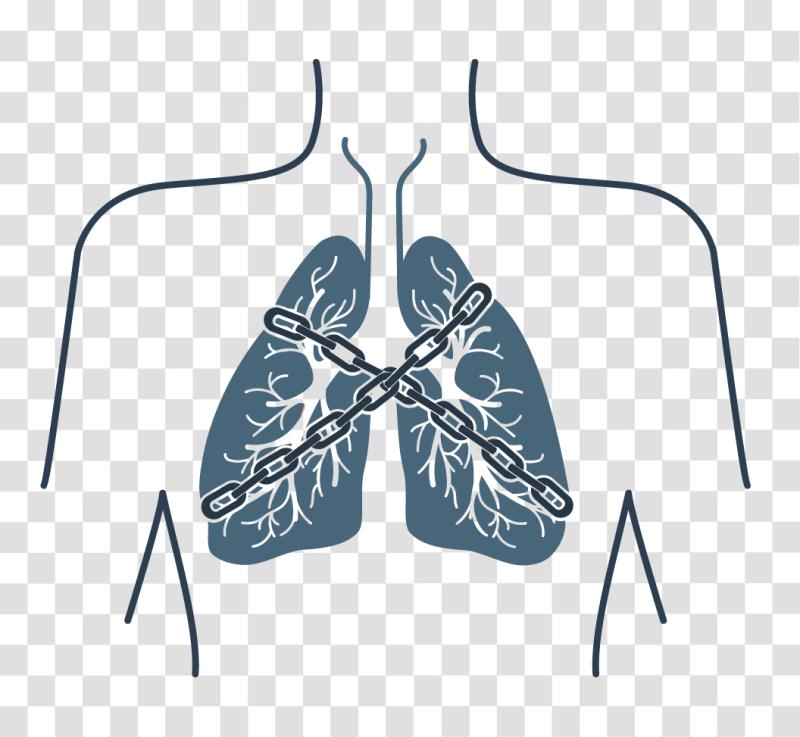
The risk of death in patients hospitalized for asthma exacerbation is associated with specific comorbidities, disease severity, and prescription patterns of short-acting β2-agonist (SABA), oral (OCS) and inhaled corticosteroids (ICS), according to a study.
The analysis involved 267 patients who died after asthma admission and 1,035 controls who were discharged after admission. The median age of the overall population was 77 years, and 50.7 percent of the patients were female. The mean duration of follow-up was 3 years.
In multivariable conditional logistic regression models, independent risk factors for death included comorbidities of pneumonia (adjusted odds ratio [aOR], 3.82, 95 percent confidence interval [CI], 2.41–6.05), genitourinary disease (aOR, 1.75, 95 percent CI, 1.17–2.62), septicemia (aOR, 4.26, 95 percent CI, 2.61–6.94), diabetes mellitus (aOR, 2.10, 95 percent CI, 1.30–3.38), arrhythmia (aOR, 2.00, 95 percent CI, 1.14–3.50), and a history of asthmatic hospitalization (aOR, 4.48, 95 percent CI, 2.77–7.25).
The risk of death also increased with the use of SABA and OCS use at >70 mg prednisolone during previous hospitalization (p<0.05) and OCS use at ≥110 mg prednisolone/month during outpatient treatment (aOR, 2.21, 95 percent CI, 1.08–4.50).
On the other hand, ICS use of ≥4 canisters/year conferred a survival benefit (aOR, 0.39, 95 percent CI, 0.19–0.78).
The present data may aid in identifying asthmatic patients who are at a higher mortality risk as well as refining the management of the condition, researchers said.